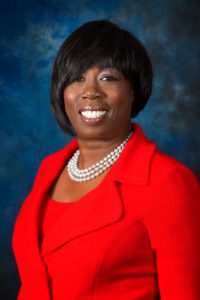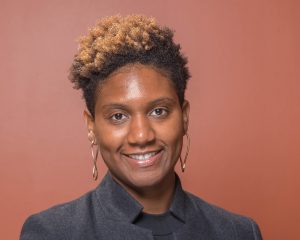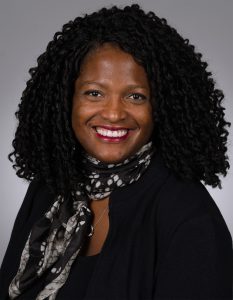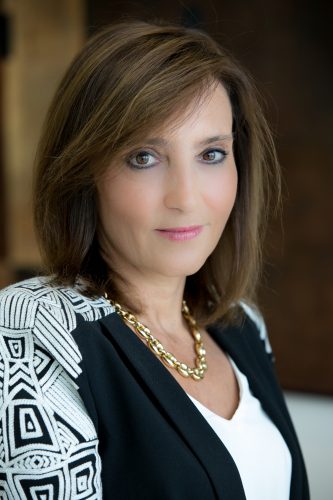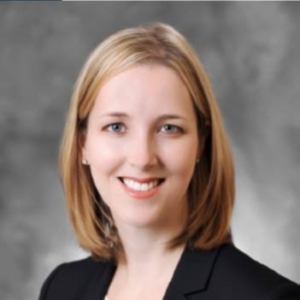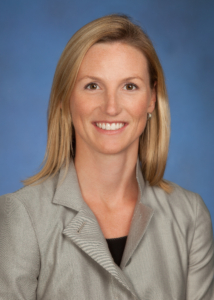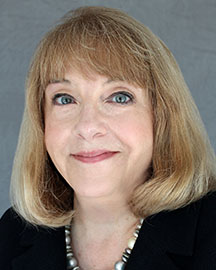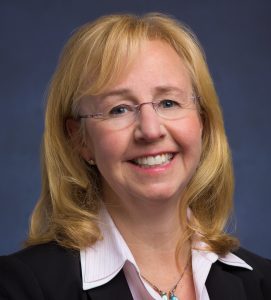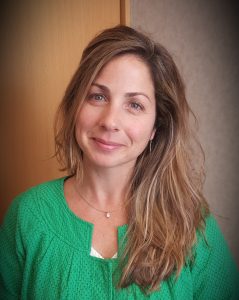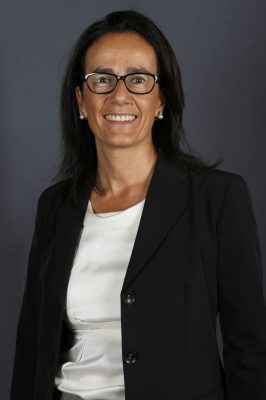“It’s important never to put limitations on yourself based on how others see you,” says Becker & Poliakoff’s Yolanda Cash Jackson. “While it can be challenging to be the first and break new ground, since there’s not a pattern, you have to learn to take directions from your gut and people you trust.”
These words have served Jackson well during her years in law, which she considers her second career, after seven years in retail. During law school she worked as a summer law clerk for the oldest law firm in Miami, where she was subsequently offered a position as an associate and stayed there until former colleagues opened another firm and hired her.
Within a year, the founding partners got a divorce, her husband passed away and she found herself at a personal cross roads. She went to a midsize firm where she was doing litigation, until she got an interesting offer from a friend with whom she had grown up in the community where her father was a pastor. He was running for Florida State Senate, and she helped oversee community outreach on his behalf. He then asked her to head up his state Senate campaign as his campaign manager and that was it — she was hooked on government law.
She developed a proposal to start a government services firm within her firm, but they rejected the proposal since the majority of their work was based on hourly payments, rather than retainers, and they didn’t see it as a financially sustainable model.
Soon after, a friend referred her to Becker & Poliakoff, where she started in January 1999 with the agreement she would do both litigation and government work. The campaign niche grew so rapidly that soon she was able to focus exclusively on government outreach.
“Unfortunately I’m still a rarity as an African-American lobbyist in a for-profit corporation,” she says, adding that she sometimes gets pigeon-holed based on race although she has been able to successfully work across both sides of the aisle. “I certainly often catch people by surprise,” she says.
Some of her most impactful clients have been historically black universities, where she can see she has made a true difference. In addition, although she has worked with numerous municipalities, she is most proud of Miami Gardens, a city with the largest concentration of middle-class minority citizens south of Atlanta. She began working for them 12 years ago when they had one employee; they since have grown to more than 500 employees with a multi-million dollar budget. One of her biggest achievements has been helping establish them as the third largest municipality in Dade County. Since that time, Miami Gardens has hosted Super Bowl 2013 and a nationally recognized jazz festival.
Making Strides within the Lobbying Industry
While Jackson says she can feel a change in the acceptance of women in visible roles on the lobbying floor, she says that there are still certain industries like insurance and banking that remain male dominated. However, she says a sea change is already underway and with more women coming into the legislature, she has seen the rally of support as women legislators ensure women have access.
As she works with younger women, she sees a continuing challenge in impressing upon them the importance of maintaining a certain decorum – from how they dress to how they interact with clients and legislators.
“Men might not be as concerned about going to dinner or drinks with a legislator after hours, but a woman needs to think about it,” she says, noting that women have to be more careful that their achievements are never called into question based on relationships. “Appearances and reputation are paramount, and often younger women don’t instinctively realize that,” Jackson says.
Regarding women she considers her peers, Jackson believes that they need to remember to support one another. She cites the movie Hidden Figures, where the women were focused on helping each other achieve the next milestone — discussing challenges and celebrating each other. Naturally this type of interaction is less common in a competitive environment like lobbying where you always have to win, but there’s a balance between being competitive and cutthroat, she notes.
Jackson sees a place for women’s groups, but mentions that sometimes there can be duplication between other networking groups. Careful never to want to be seen as “the diversity partner,” she balances the needs of gender-specific networking with overall industry involvement.
Seeking Balance
Another area she has seen great strides being made as millennials impact the workplace is in work/life balance. Jackson remembers bringing her daughter to work years ago and letting her fall asleep on the couch if a project needed completion. Now, women are more apt to go home and be with their families, which is important, and yet, the pendulum could be swinging back slightly. She says she sees a reoccurrence of comments such as “Oh they’re never in the office” regarding professionals who work from home. “You know who’s doing meaningful work, and yet face time still matters,” she says.
That said, one of her goals for 2017 is balance. In her line of work particularly, it’s hard to separate work from pleasure since she thrives in her role as rainmaker and opportunities are always around her. For example, she met one of her current clients at the hair salon.
One important outlet in addition to her family is work she does with philanthropic organizations, including Children of Inmates and the Florida Children’s Initiative, both of which have expanded throughout the state since she’s been involved. She also has put her heart into her position on the board of the Urban League as well as her church.

